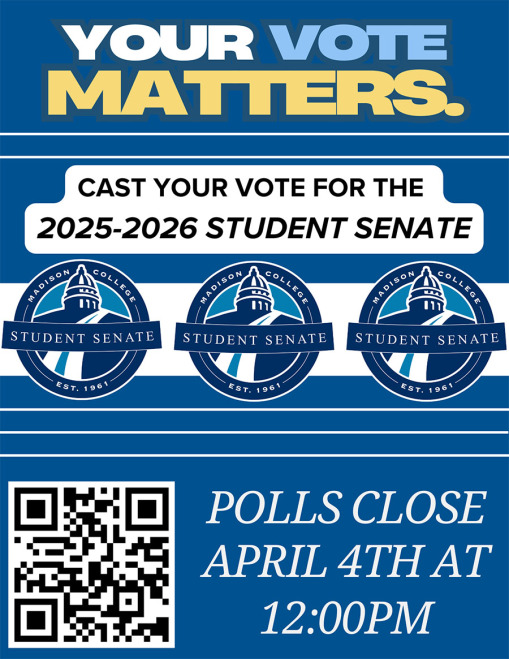A week to learn about challenges to free speech
September 14, 2022
Banned Books Week is being observed Sept. 18-24, and perhaps more than ever the topic of banned books deserves a couple minutes of consideration. This column isn’t meant as a polemic against book banning, but rather to encourage thinking about the what and the why of the matter.
According to a recent study by PEN America, book banning in schools and libraries in the United States is at an all-time high. Some of the highlights of the study that ran from July 1, 2021 to March 31, 2022 were that there were almost 1,600 instances of individual books being banned, the bans occurred in 96 school districts spanning 26 states and the districts involved represented 2,900 schools with a combined enrollment of over 2 million students.
In addition, the study also points out that a significant percentage of the titles challenged and/or banned were those dealing with themes of race, racism, LGBQT+ issues and sex education.
The American Library Association offers lists of most frequently challenged and banned books throughout the years at https://www.ala.org/advocacy/bbooks, along with reasons why the titles are challenged.
While both the PEN America organization and American Library Association come at the issue of book banning with an interest against it, it should also be noted that challenges can come from different sides of the political spectrum for various reasons.
One of the library’s subscription databases, “Opposing Viewpoints,” has a featured topic heading on “Book Banning” featuring a variety of perspectives on the issue, particularly through its viewpoint essays.
Another of the library’s subscription databases, “CQ Researcher,” recently published on May 20, 2022, a report entitled “Free speech on campus” which encompasses not only the topic of book banning, but more broadly free speech. The report offers statistics on book banning, but also references some 175 bills introduced in 40 states in 2021 restricting teachers’ speech, of which 15 had already gone into law by April 2022. The report also emphasizes that challenges to free speech in schools and universities can come from different sides of the political spectrum.
The aim of both “Opposing Viewpoints” and “CQ Researcher” is to offer a wide variety of information and perspectives on issues to help you develop your own personal argument. Both databases have been heavily used by Madison College students in the past for research, and we hope that will be the case with you as well.
The Madison College Libraries will likely have a display about banned books during Banned Books Week. The libraries also have a research guide devoted to the topic at https://libguides.madisoncollege.edu/bannedbooks.
The intent of both the display and the research guide is to explore the question of why, and you can make up your mind on how you feel about it.






























